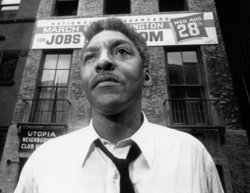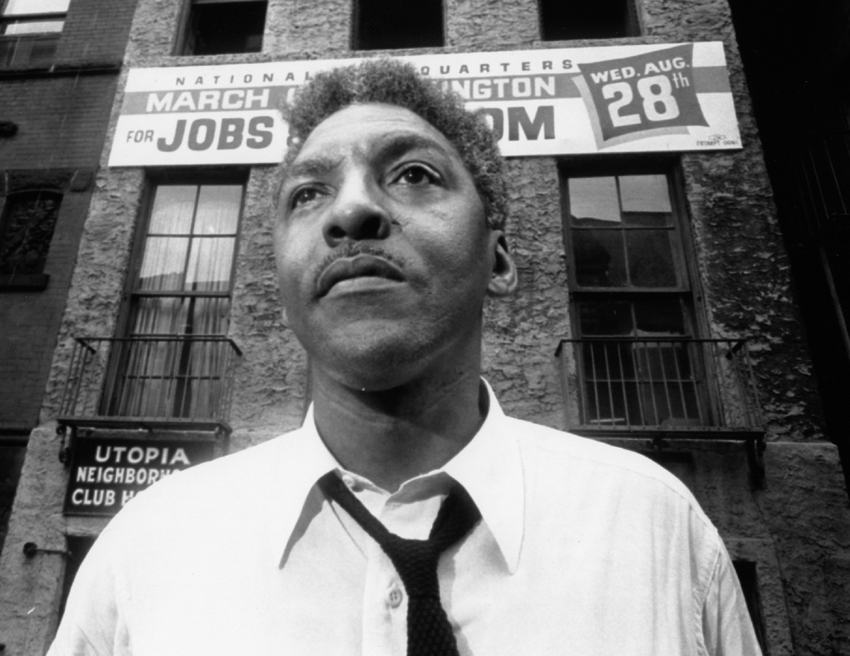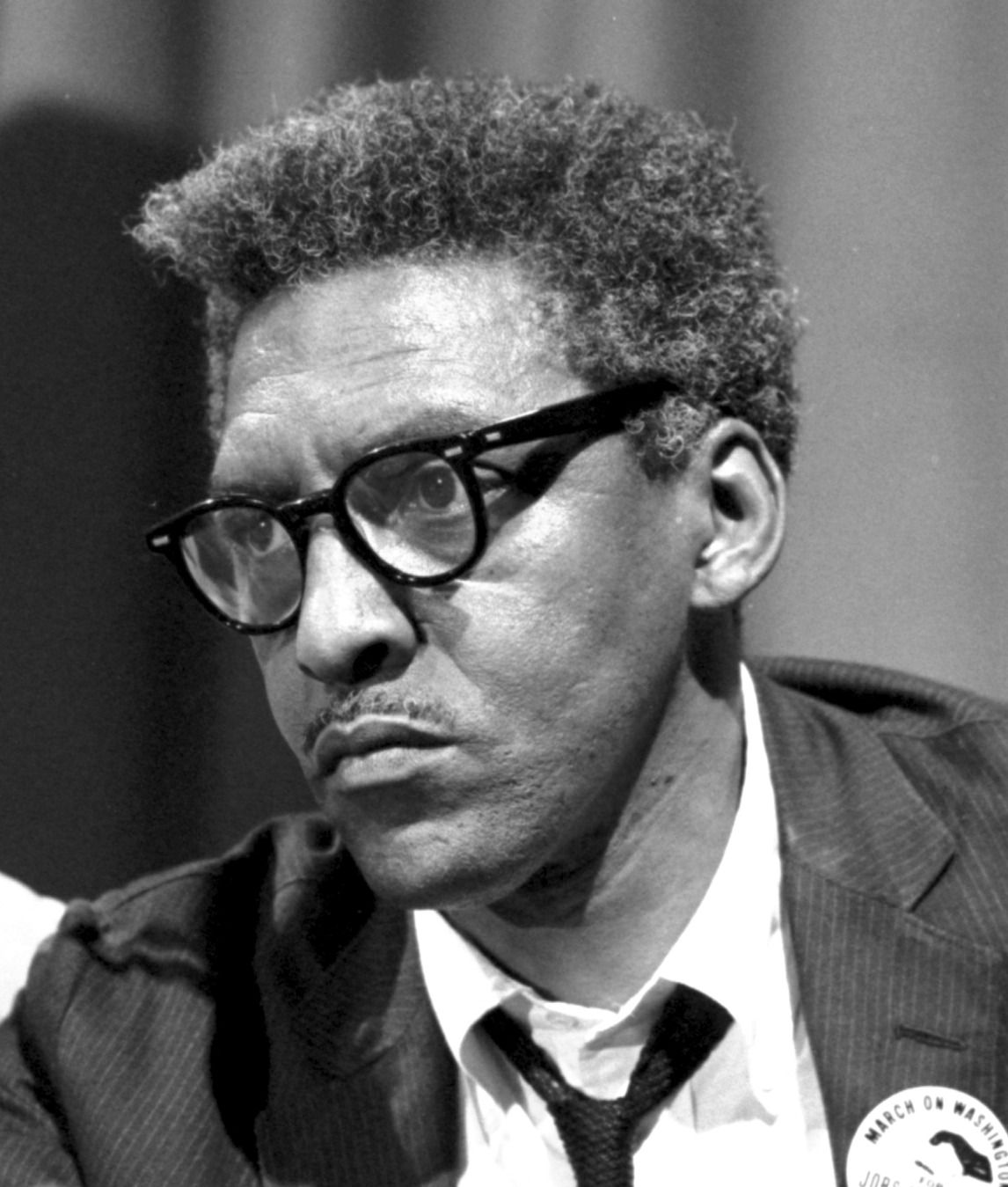In addition to his civil rights endeavors, Rustin participated in a wide variety of other activist efforts. As a conscientious objector, Rustin became executive secretary of the War Resisters' League following World War II and took part in the Free India Movement and the Campaign for Nuclear Disarmament.
For both his pacifist and activist involvement, Rustin was arrested on numerous occasions and was imprisoned for an extended period. His concern with the injustices against all minorities and not just black people, coupled with his espousal of nonviolent tactics, also cost him the support of several militant black leaders who disagreed with his ideology that the problems of the black community were economic rather than race-related.
He was the author of "Down the Line: The Collected Works of Bayard Rustin" and "Strategies for Freedom: The Changing Patterns of Black Protest."
Rustin was a gay man. He was forcibly outed as an adult but never expressed shame about his homosexuality. In 1982, he adopted his partner, Walter Naegle, to preserve next-of-kin legal protections since they could not legally be married. He did not consider himself a prominent activist for gay rights, however, as he considered sexuality a private matter. Nevertheless, he was one of the fifty inaugural American "pioneers, trailblazers, and heroes" inducted in June 2019 to the National LGBTQ Wall of Honor at the Stonewall National Monument.
Of his work, Runtin, a Quaker, wrote, "The principal factors which influenced my life are 1) nonviolent tactics; 2) constitutional means; 3) democratic procedures; 4) respect for human personality; 5) a belief that all people are one."
Rustin was cremated, and his ashes are buried in an unmarked spot on an estate in Upstate New York.
In addition to his civil rights endeavors, Rustin participated in a wide variety of other activist efforts. As a conscientious objector, Rustin became executive secretary of the War Resisters' League following World War II and took part in the Free India Movement and the Campaign for Nuclear Disarmament.
For both his pacifist and activist involvement, Rustin was arrested on numerous occasions and was imprisoned for an extended period. His concern with the injustices against all minorities and not just black people, coupled with his espousal of nonviolent tactics, also cost him the support of several militant black leaders who disagreed with his ideology that the problems of the black community were economic rather than race-related.
He was the author of "Down the Line: The Collected Works of Bayard Rustin" and "Strategies for Freedom: The Changing Patterns of Black Protest."
Rustin was a gay man. He was forcibly outed as an adult but never expressed shame about his homosexuality. In 1982, he adopted his partner, Walter Naegle, to preserve next-of-kin legal protections since they could not legally be married. He did not consider himself a prominent activist for gay rights, however, as he considered sexuality a private matter. Nevertheless, he was one of the fifty inaugural American "pioneers, trailblazers, and heroes" inducted in June 2019 to the National LGBTQ Wall of Honor at the Stonewall National Monument.
Of his work, Runtin, a Quaker, wrote, "The principal factors which influenced my life are 1) nonviolent tactics; 2) constitutional means; 3) democratic procedures; 4) respect for human personality; 5) a belief that all people are one."
Rustin was cremated, and his ashes are buried in an unmarked spot on an estate in Upstate New York.
Bio by: Warrick L. Barrett
Family Members
Advertisement
See more Rustin memorials in:
Explore more
Sponsored by Ancestry
Advertisement







